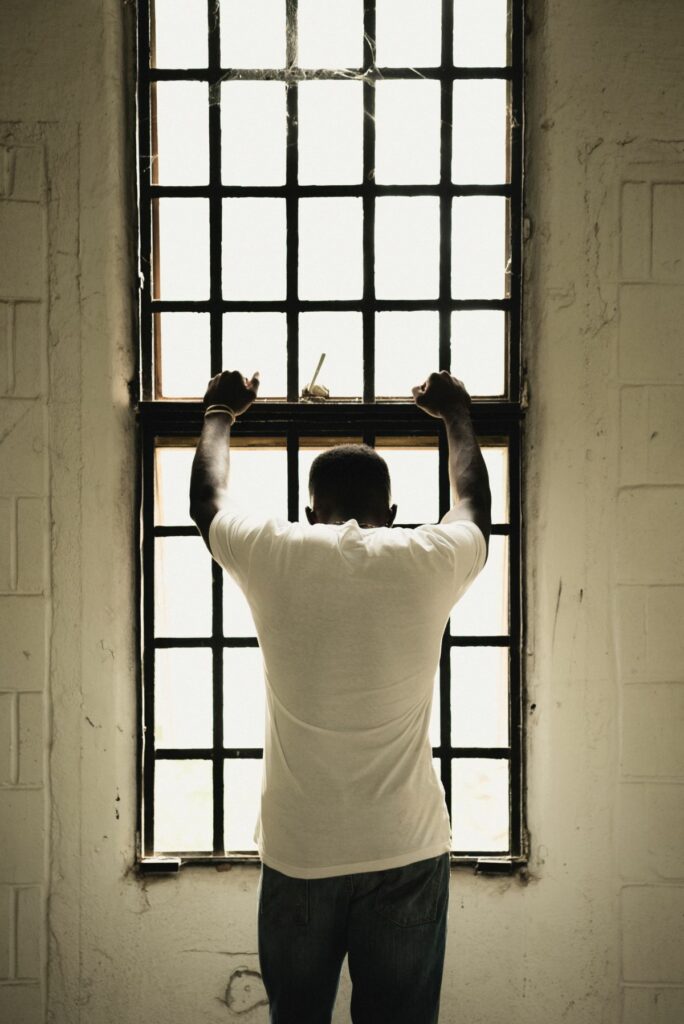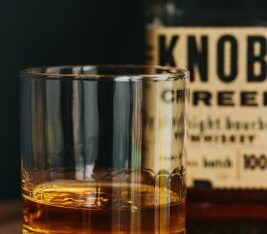
Relapse Prevention Tips
Breaking the chains of addiction can seem impossible to do, but once you have gotten sober, there is a lot of addiction help available. Having worked with thousands of people over the years, many of them had been through treatment several times. This does not mean that they did not want to get and stay sober, this means that somewhere along the way, they lost focus. The argument can be made that relapse is a part of recovery. Fortunately, it does not have to be. Below are 5 relapse prevention tips that can avert you from relapsing. For a person who has attempted treatment several times, they will have sworn each time that “this is the last time”. And if you were to give them a lie detector, most would pass. Nobody that is caught in the cycle of addiction wants to be there, especially once they have achieved some form of sobriety. Anyone that is trying to stay sober can benefit from some relapse prevention tips. So no matter whether you are just getting out of treatment, or have been several times, or just need to get back to basics. These 5 relapse prevention tips will help you stay the course of recovery.
- Minimize Stress
Stress can be the number one cause for relapse. It is common for people to get out of treatment and take on too many tasks and responsibilities. Before they know it, they are overwhelmed and if they do not have an effective stress relief strategy in place, they may revert back to using. Deciding on what helps you deal with stress can be explored with your addiction counsellor. Some common techniques are meditation, exercise, breathing, sports, gym, art, reading, and journaling.
- Being Aware of Your Triggers
HALT is a common word in the recovery industry. Hungry, Angry, Lonely, Tired, are all signs that can lead to relapse. Along with that, things such as anxiety, anger, low self-esteem can also cause relapse to occur. Then of course there is the external triggers. People, places, and things. It is important to know who you can and cannot be around and where you can and cannot go. This may not be a permanent decision, but in early recovery it is highly recommended to limit the possible triggering situations to arise. Knowing your triggers and having a plan to deal with them will keep you on track.
- Support Groups
The common addiction help groups are 12 step groups which are in almost every city. Alcoholics Anonymous, Narcotics Anonymous, and Gamblers Anonymous to name a few, have helped millions of people expand their recovery support network. Meeting new people can be the starting point to trying out new activities and getting back to some of your favorite past times. Getting back into sports, dance, music, or social groups that interest you will keep your mind occupied and looking forward to the next event. The more positive people you can have in your corner, the easier you may find it to stay sober.
- Know Who You Can Call Anytime
When triggers happen, or you get urges, the best way to get your mind off it is to call someone and talk to them. If you have been in treatment, I am sure you have had some moments that were defused by talking to another person. Making sure that you have a few people that you can call that won’t judge you and will support you whenever you call is essential.
- Seek Help
Relapse prevention tips and excercises are taught in treatment and outpatient programs. Perhaps you have not been to treatment. If that is the case, there is always community resources available. Attending an outpatient treatment program or seeking out a professional addiction counsellor to guide and support you is always going to give you the skill and support to remain sober and avoid a relapse.
There are more than 5 Relapse prevention tips and seeking help from professionals about yourself, your triggers, and your coping mechanisms will allow you to learn new healthy ways to ensure you stay on the path of recovery.




